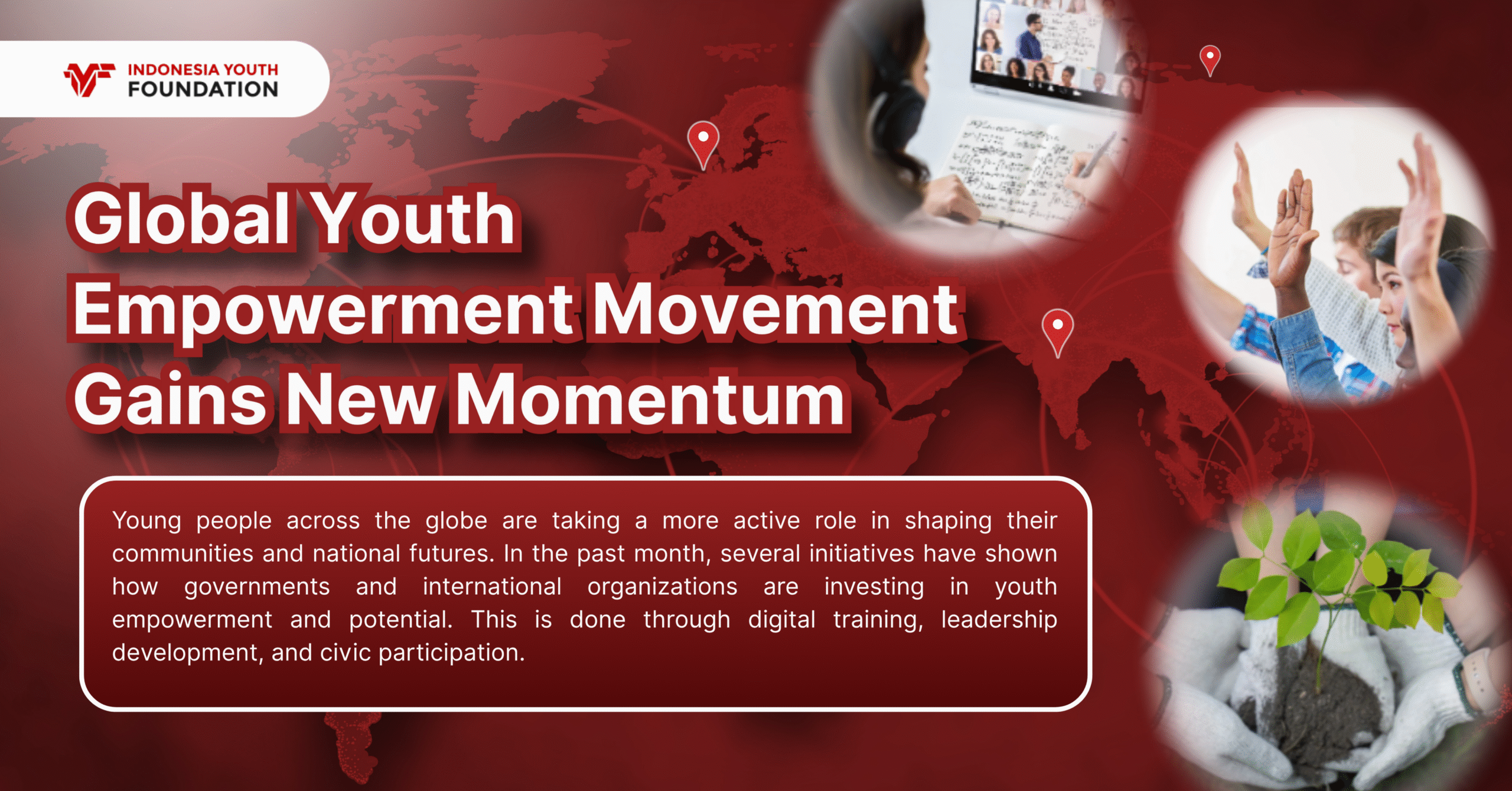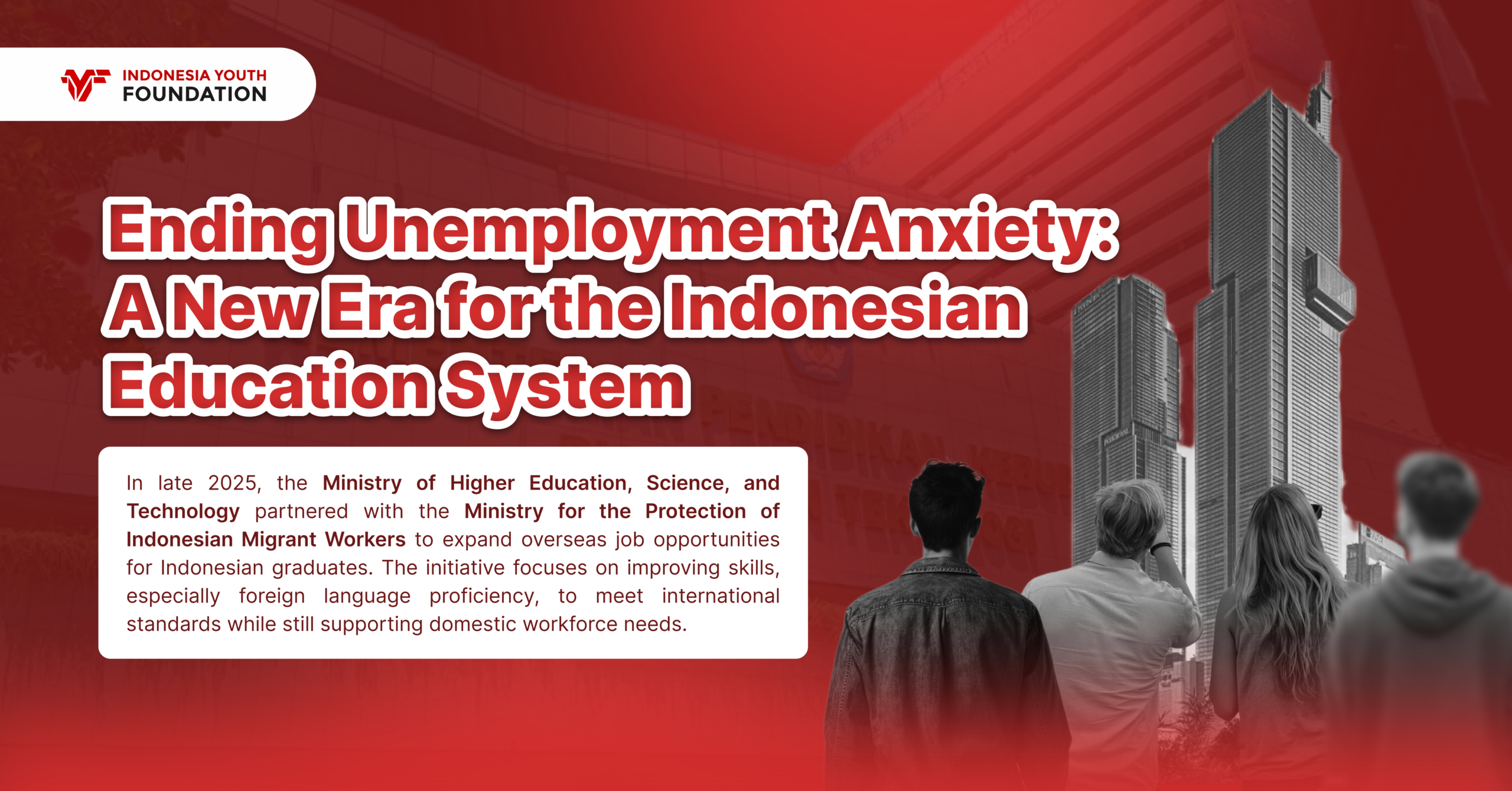Young people across the globe are taking a more active role in shaping their communities and national futures. In the past month, several initiatives have shown how governments and international organizations are investing in youth empowerment and potential. This is done through digital training, leadership development, and civic participation.
In Jamaica, a new program called the Cyber Youth Empowerment Academy was officially launched on 29 September 2025. Supported by the Organization of American States and the Government of Canada, this six-month academy will train 30 young Jamaicans aged 18 to 24 in cybersecurity and digital literacy. The initiative responds to a global shortage of cybersecurity professionals, estimated at over 4.8 million positions. Through this program, Jamaica aims to prepare its youth to meet international demand while strengthening local resilience in digital infrastructure.
A similar spirit of commitment can be seen in Nigeria, where the federal government recently announced new achievements in its national youth empowerment strategy. During the second quarter of 2025, more than 14,000 young Nigerians completed digital skills training. This far exceeded the initial target of 10,000 and over 97,000 received career mentorship support. The Ministry of Youth and Sports Development highlighted that this progress aligns with Nigeria’s broader digital economy agenda, which places youth at the center of innovation and entrepreneurship.
Meanwhile, India has taken youth empowerment to a large economic scale. On 4 October 2025, Prime Minister Narendra Modi unveiled a youth-focused development package worth 62,000 crore rupees, or around 7.5 billion US dollars, in the state of Bihar. Among the key initiatives is PM-SETU, short for Skill Enhancement and Technical Upgradation, designed to modernise Industrial Training Institutes and prepare young people for future employment in manufacturing and technology sectors. The program is expected to bridge the gap between education and industry. Its aim is ensuring that India’s growing youth population can contribute to national productivity.
Regional Engagement and Civic Participation
In Indonesia, the United Nations Population Fund (UNFPA) collaborated with local partners to commemorate International Youth Day 2025 by highlighting young people as agents of change in achieving the Sustainable Development Goals. More than 900,000 young Indonesians across 13 provinces participated through online and community-based platforms. These focused on social innovation, gender equality, and reproductive health awareness. The campaign reflected how digital networks are expanding youth participation in development agendas and civic engagement.

Source: UNFPA Indonesia
Furthermore. across the region, Thailand hosted the Youth Forum 2025 on 26–27 September, bringing together young leaders from 36 provinces. The event encouraged participants to discuss social and environmental challenges and to design creative solutions rooted in local realities. The forum emphasized leadership, innovation, and collaboration as essential tools for youth seeking to make tangible change within their communities.

Source: World Vision Foundation of Thailand
Thus, these diverse efforts share a common foundation: the belief that empowering youth is essential for sustainable development. Structured training programs, mentorship opportunities, and investments in digital capacity are no longer abstract goals but concrete national strategies. Governments and international partners are beginning to view youth not as passive recipients of aid, but as key drivers of innovation and social progress.
Challenges and the Road Ahead for Youth Empowerment
However, challenges remain. Many young people still face barriers in accessing quality education, inclusive opportunities, and long-term employment. Programs like those in Nigeria and Jamaica show promise. However, sustaining their impact will depend on consistent funding, transparent management, and the integration of youth perspectives in policymaking.
Despite these challenges, the global landscape of youth empowerment is shifting. From Kingston to Jakarta, youth are learning new skills, taking leadership roles, and driving social transformation in their own communities. This growing movement signals a shared vision: a world where the energy, creativity, and resilience of youth become powerful forces for collective progress.
Visit our homepage for more articles: https://indonesiayouthfoundation.org
Writer: Angeli Ramadhani
Editor: Secia Lie








